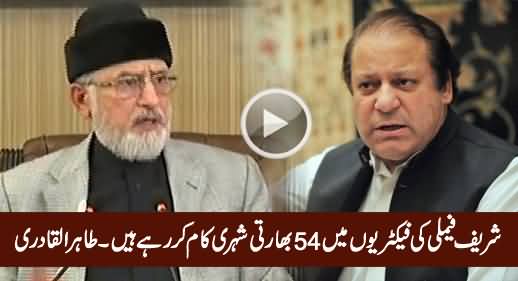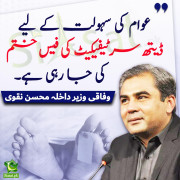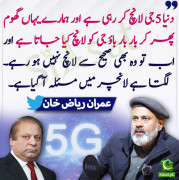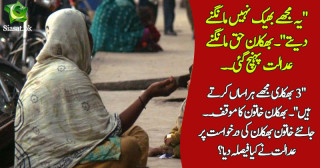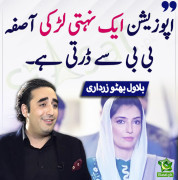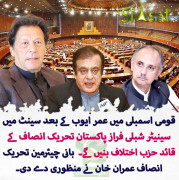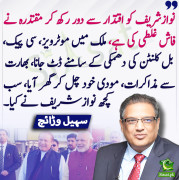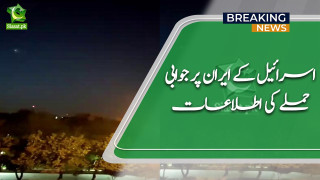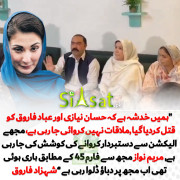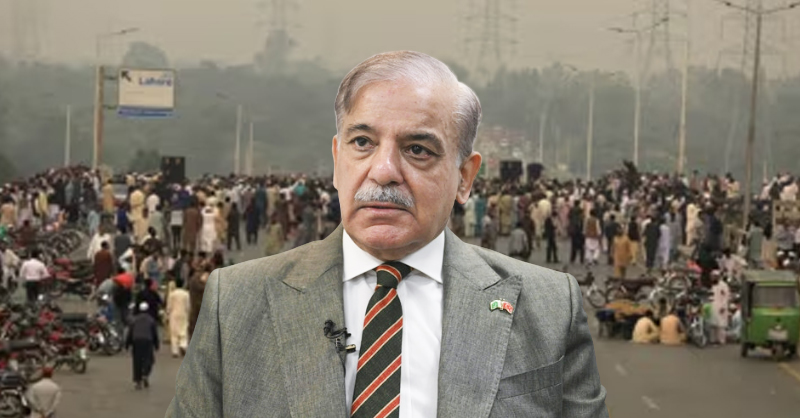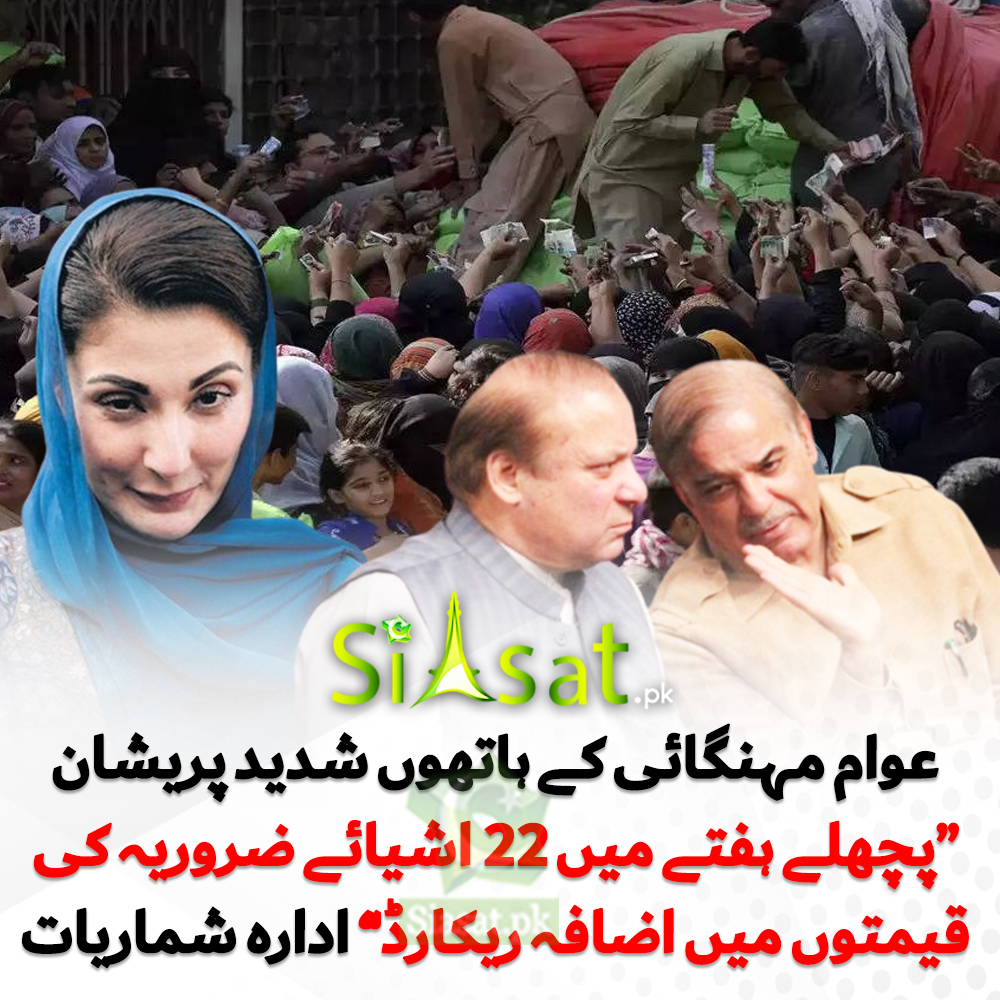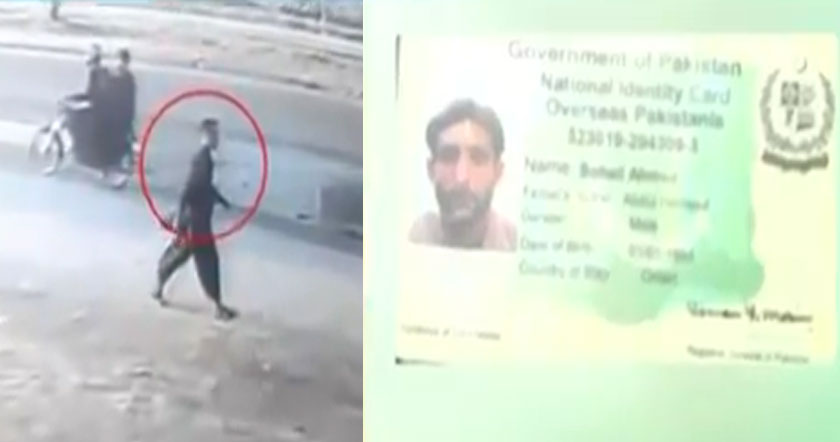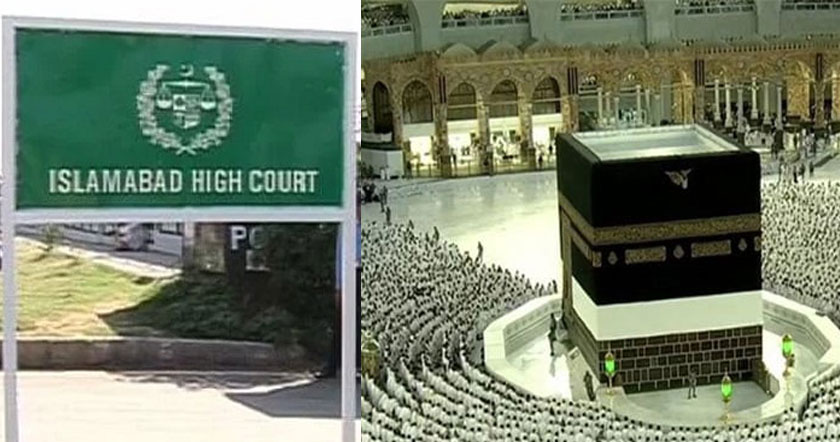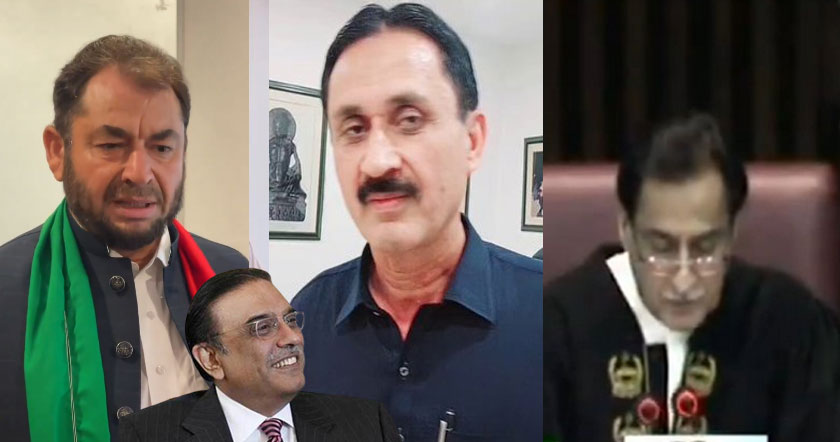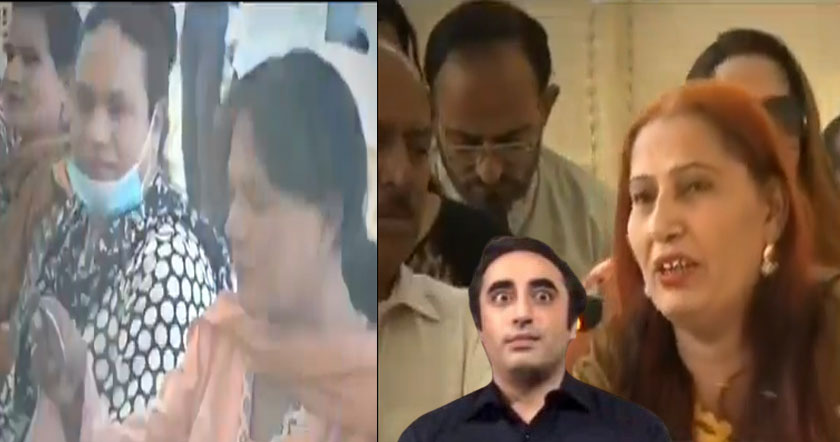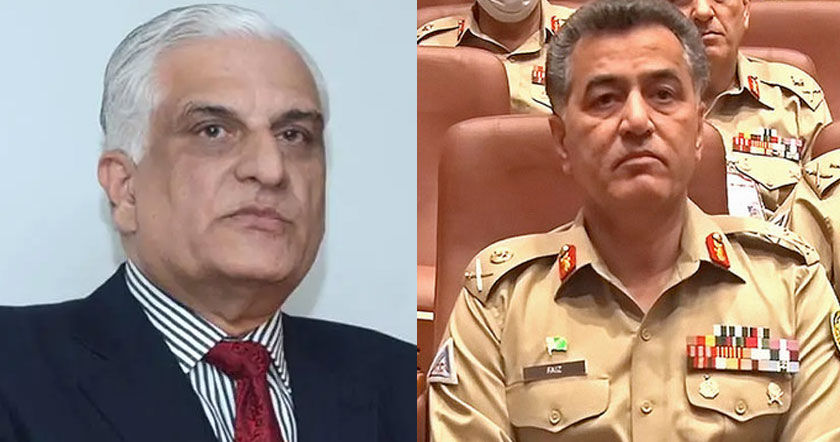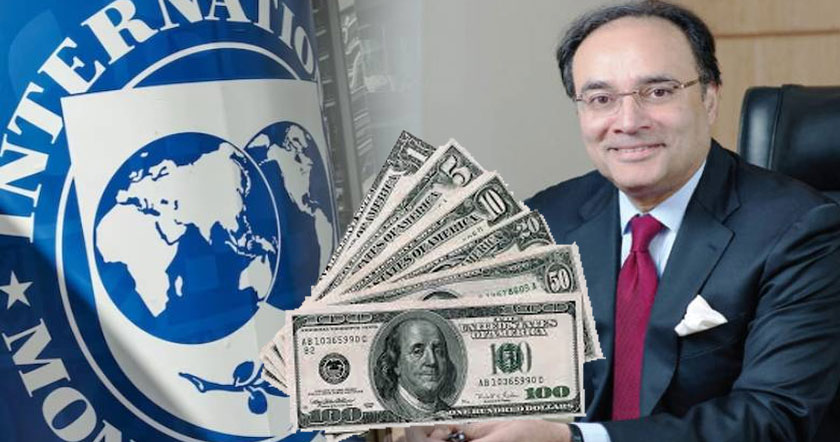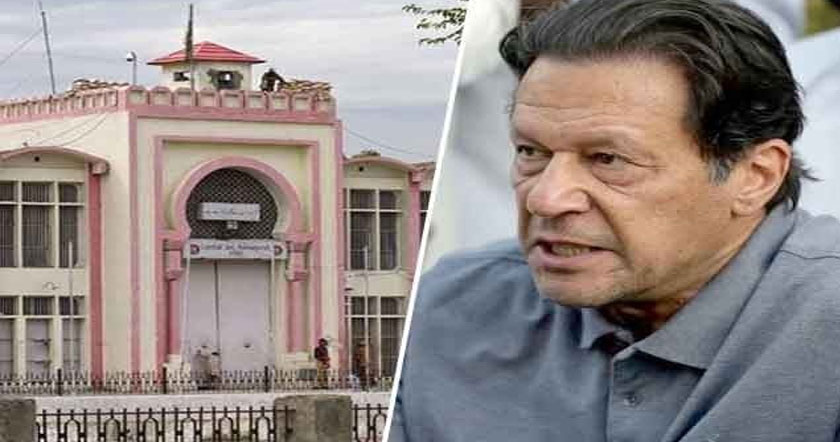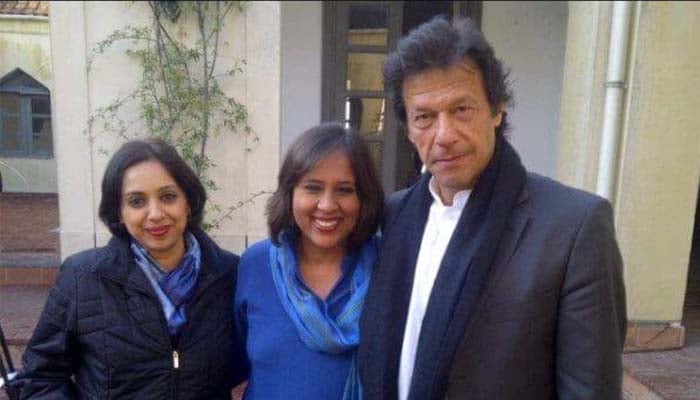
https://www.washingtonpost.com/opin...-why-thats-good-india/?utm_term=.06bc5aa985fd
By Barkha Dutt
December 3
Imran Khan, Pakistan’s prime minister, seems transformed by the burden of his post. I met him in Islamabad on the day he completed his 100th day in office. He appeared so much more reserved, circumspect and formal than I remember him. I came away with the impression that there is no chance for any immediate breakthrough for India and Pakistan.
But if there is to be even incremental progress between the two nuclear-armed nations that have fought four wars, Khan is presently India’s best bet.
I was among 22 Indian journalists in Pakistan (at the invitation of Khan’s government) to report on the opening of a visa-free corridor for Sikh pilgrims in the border village of Kartarpur. This is the site where Guru Nanak, the founder of the Sikh faith, is said to have spent his last years.
This should have been a joyous celebration of anti-imperialism. At the time of partition, the British drew a line to carve out Pakistan from India, uprooting people from their homes and places of worship. It was one of the most violent displacements in history. The lasting legacy of partition meant that Sikh devotees in Indian Punjab could only look at the last abode of their guru through binoculars placed at the international border. A corridor for the free movement of pilgrims into Pakistan should have been a brief moment of reconciliation in a severely damaged relationship.
Unfortunately, controversial statements on both sides of the border led to a downward spiral. At the Kartarpur opening, Khan mentioned Kashmir, an obvious irritant for India, which has time and again brought up Pakistan’s patronage of terrorism both in Kashmir and elsewhere in India. Then, Khan’s foreign minister added to the friction by boasting that India had been played.
On the Indian side, both the Narendra Modi government and the opposition Congress party that governs in Punjab spoke in mixed messages. India sent two (Sikh) federal ministers to attend the ceremony. Congress Minister Navjot Singh Sidhu (whom Khan knows from his cricketing past) was also present.
In Pakistan, the Indian ministers likened opening the pilgrimage route to the fall of the Berlin Wall, while in Delhi, the foreign minister ruled out any resumption of dialogue. To make matters worse, Kartarpur was inaugurated the same week as the 10th anniversary of the 26/11 Mumbai attacks in which 166 people, including six Americans, were killed. The United States announced a $5 million bounty on the terrorists — the third such offer of a reward for justice. (The U.S. move is unlikely to work. Hafiz Mohammed Saeed, who heads the terror group responsible for the attacks — and on whom the Americans had previously declared a $10 million bounty — continues to operate with impunity in Pakistan; he even fielded proxy candidates in the recent elections. India can’t move forward unless a serious crackdown takes place on the terrorism infrastructure long used by the Pakistani security establishment as a weapon of asymmetric warfare against India.)
Long story short, the threads of Kartarpur unraveled before they could be used to weave together any shared histories.
So why do I still call Khan someone India can do business with? My liberal friends in Pakistan (who argue that Khan is a product of the army’s patronage) are furious with me for saying so. But Khan has two things going for him that his civilian predecessors did not. One, the very fact of his closeness to the Pakistani military is an advantage for India. For too long, Indian bureaucrats have been locked in a stale, formulaic dialogue template with Pakistani counterparts who have no authority to take any independent decisions. Called the “composite dialogue,” this structure of talks goes back to 1997 and places terrorism, Jammu and Kashmir, water-sharing and drug-smuggling all in the same basket of issues on the talks table. It has been tried and tested — and it has failed. The India-Pakistan relationship cannot be run bybureaucratic tinkering any more, nor can it be steered by unempowered civilian politicians in Pakistan who are at odds with their own military — as was the case with ousted prime minister Nawaz Sharif.
Imran Khan made it a point to tell us he wouldn’t be “one of those Pakistani politicians who will say, ‘I want to do this, but my Army won’t let me.’” His dig was at Sharif, and he was driving home the point that there was complete convergence between him and the army. If India can’t talk directly to the Pakistani military ( and I think that channel should be opened as well), why not tap into the proximity Khan enjoys to those who really pull the levers of power in Pakistan?
The other significant yet underreported statement by Khan in his conversation with us was a reference to what policy wonks call the Musharraf-Manmohan Four Point Formula for Kashmir. It is now known that India and Pakistan almost reached a Kashmir settlement when Gen. Pervez Musharraf, Pakistan’s former army chief was also the country’s president — and Manmohan Singh was the Indian prime minister. At the heart of their draft agreement was an acceptance of the status quo and “no redrawing of borders.”
Since raiders invaded Jammu and Kashmir in 1947, Pakistan has held parts of Kashmir and Gilgit-Baltistan that India’s Parliament unanimously recognizes as illegally occupied. In reverse, Pakistan has repeatedly tried to lay claims to Kashmir on the Indian side. Musharraf-Manmohan were close to a historic settlement, but subsequent Pakistani governments have disowned the formula or any knowledge of it. Khan’s reiteration of the template and his description of Kashmir as “solvable” (in conversation with us) is intriguing and needs closer attention. Especially given his closeness to the Pakistani military.
Whether under pressure from China (or as an overture to the Americans who have announced the withdrawal of $300 million in aid), Khan and Pakistan’s army chief both seem to be sending some intriguing smoke signals.



